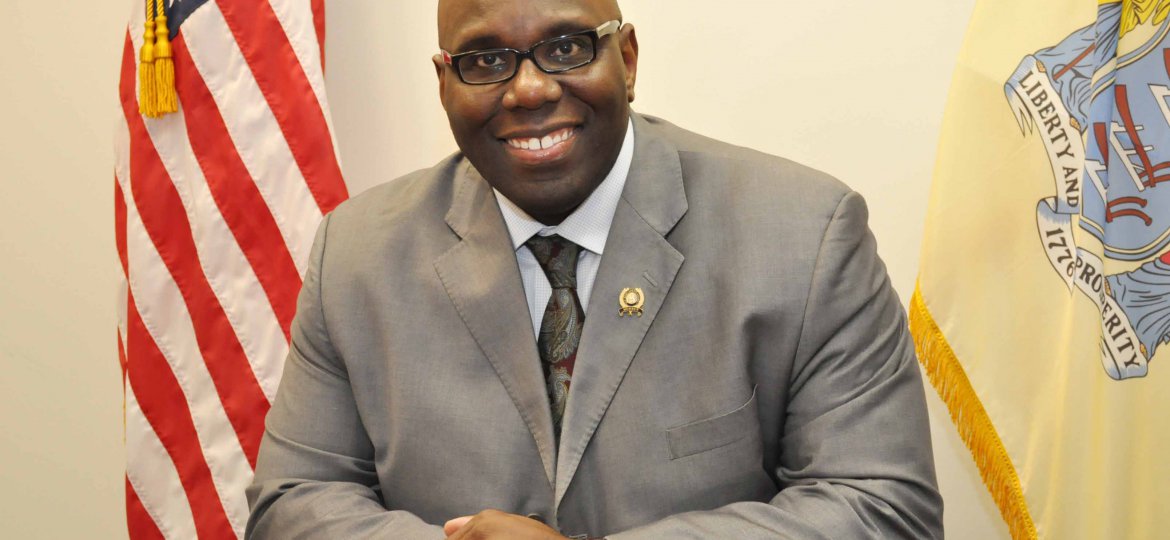
TRENTON – Legislation sponsored by Senator Troy Singleton that would prohibit the sale of food and beverages in Styrofoam food containers by public schools and public institutions of higher education advanced from the Senate Environment and Energy Committee today.
“Banning Styrofoam containers in our public schools and colleges is a simple, common-sense step towards creating a more sustainable environment in New Jersey,” said Singleton (D-Burlington). “Ridding our schools of non-biodegradable products that cannot be recycled or reused teaches our students – young and old – to be more environmentally aware.”
“Seeing this particular legislation advance is especially satisfying for me, as it was proposed by a group of students from Charles Street School in Palmyra,” continued Singleton. “Not only does this legislation teach them to make smart choices and avoid Styrofoam products, but it also gives them a real life civics lesson on how one good, smart idea can become an actual law. It is my hope that this bill continues to move through the Legislature and ultimately gets signed into law.”
The bill, S-1486, would require every public school and public institution of higher education to ensure that no food or beverage packaged or contained in a Styrofoam, also known as expanded polystyrene, food container is sold, offered for sale, or otherwise provided in the school or institution.
An “expanded polystyrene food container” is defined in the bill as a container, plate, hot or cold beverage cup, tray, carton, or other product made of expanded polystyrene and used for selling or providing a food or beverage. The prohibition would not apply to any food or beverage that was filled and sealed in an expanded polystyrene food container before a school or public institution of higher education received it.
Expanded polystyrene containers have led to environmental issues. They create high levels of waste pollution due to not being bio-degradable. Polystyrene containers also have a difficult time being recycled due to the lack of facilities that recycle Styrofoam or other related materials.
The bill was released from committee by a vote of 5-0, and next heads to the full Senate for further consideration.

